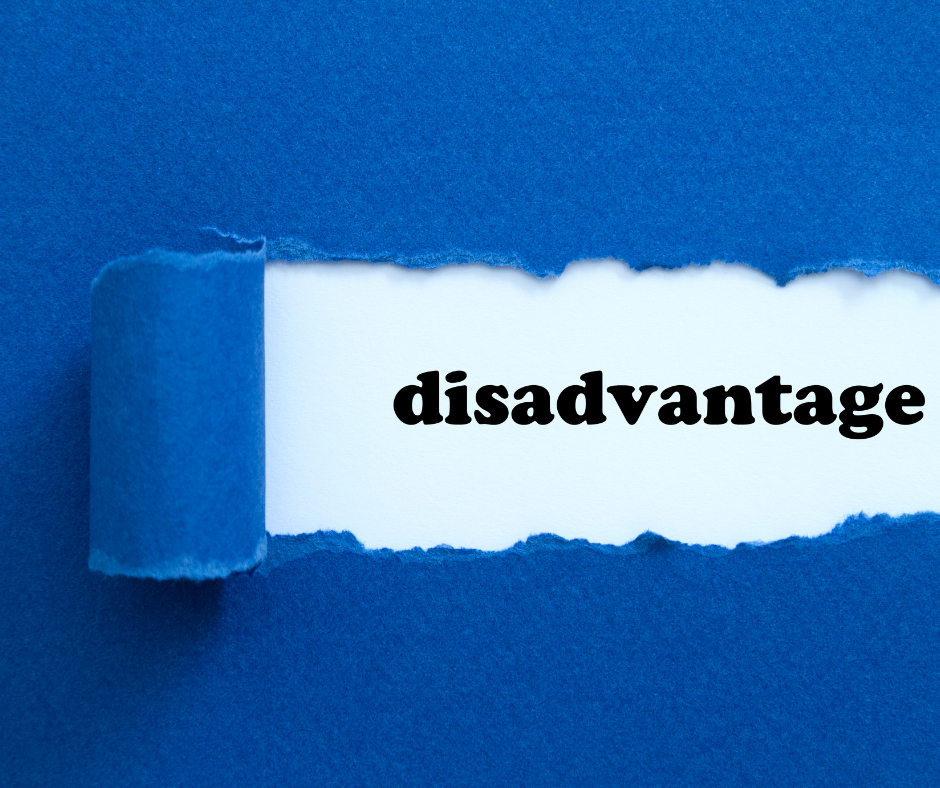Introduction: The Corporate Responsibility Debate
Environmental sustainability has become a critical global concern, with climate change, pollution, and resource depletion threatening our planet’s future. As industrialization continues to expand, companies play a significant role in shaping environmental outcomes. This raises a crucial question: Should companies be held responsible for environmental damage?
From oil spills and deforestation to carbon emissions and plastic waste, corporations contribute significantly to environmental degradation. While some argue that businesses should be accountable for their ecological footprint, others believe that government regulations and consumer behavior should drive environmental responsibility. This article explores both sides of the debate and why corporate accountability is essential for a sustainable future.
The Impact of Corporate Activities on the Environment
Businesses, particularly those in industries like manufacturing, energy, and agriculture, have a profound impact on the environment. Some of the most significant ways companies cause environmental damage include:
1. Carbon Emissions and Climate Change
- Fossil fuel companies and industrial sectors are responsible for a significant portion of global greenhouse gas emissions.
- The burning of coal, oil, and gas contributes to global warming, causing extreme weather conditions, rising sea levels, and loss of biodiversity.
2. Deforestation and Habitat Destruction
- Logging, agriculture, and urban expansion have led to large-scale deforestation, reducing carbon sinks and disrupting ecosystems.
- The Amazon rainforest, often referred to as the “lungs of the planet,” is being destroyed at an alarming rate due to corporate-driven deforestation.
3. Water Pollution and Scarcity
- Industrial waste, agricultural runoff, and chemical spills contaminate water sources, affecting both marine life and human health.
- Over-extraction of groundwater by companies leads to water scarcity, particularly in drought-prone regions.
4. Plastic and Chemical Waste
- Single-use plastics, produced in large volumes by companies, contribute to ocean pollution, harming marine species and ecosystems.
- Hazardous waste from industries can lead to soil and air contamination, impacting public health.
5. Resource Depletion
- Over-mining, excessive fishing, and unsustainable land use threaten the availability of natural resources for future generations.
Given the magnitude of corporate environmental impact, should businesses be held legally and financially accountable for the damage they cause?
Arguments in Favor of Holding Companies Accountable
1. The Polluter Pays Principle
One of the fundamental arguments for corporate responsibility is the Polluter Pays Principle (PPP). This principle states that businesses causing environmental harm should bear the costs of pollution control, cleanup, and restoration. This ensures that companies internalize environmental costs rather than shifting the burden to society.
2. Corporate Social Responsibility (CSR)
- Ethical businesses recognize that corporate social responsibility (CSR) is more than just a marketing strategy; it’s a duty.
- Many leading companies have already adopted sustainable practices, such as reducing emissions, investing in renewable energy, and minimizing waste.
- Holding all businesses accountable ensures that sustainability is not just an option but a mandatory practice.
3. Legal and Financial Accountability
- Governments and regulatory bodies should enforce strict environmental laws and impose heavy fines on companies that violate them.
- Strong legal frameworks can deter corporations from engaging in environmentally harmful practices.
- Environmental lawsuits, such as the one against BP for the Deepwater Horizon oil spill, set an example for corporate accountability.
4. Protecting Public Health and Biodiversity
- Environmental degradation leads to public health crises, such as respiratory diseases caused by air pollution and waterborne illnesses from contaminated water.
- Holding companies accountable helps protect not just the environment but also human lives and biodiversity.
5. Encouraging Sustainable Innovation
- When companies are held responsible, they are incentivized to invest in eco-friendly technology and sustainable alternatives.
- For example, car manufacturers are shifting to electric vehicles to reduce carbon emissions, thanks to environmental regulations and market demand.
Counterarguments: Are Companies the Only Ones to Blame?
1. Government Regulations Should Be Stronger
Some argue that governments, not companies, should take the lead in protecting the environment. If policies and regulations are weak, corporations will continue prioritizing profits over sustainability. Stricter environmental laws and carbon taxes can drive change more effectively than voluntary corporate efforts.
2. Consumer Behavior Shapes the Market
Businesses exist to meet consumer demand. If people continue to buy single-use plastics, fast fashion, and fuel-powered vehicles, companies will keep producing them. Consumers must make sustainable choices and support businesses that prioritize eco-friendly products.
3. Small Businesses May Suffer
Not all businesses are large corporations with vast resources. Small and medium enterprises (SMEs) might struggle to comply with strict environmental regulations, leading to financial burdens and potential job losses.
4. Economic Growth vs. Environmental Protection
Critics argue that over-regulation could slow economic growth, especially in developing countries. Balancing economic development with environmental sustainability is a challenge that policymakers must address.
The Future of Corporate Environmental Responsibility
With increasing awareness about climate change and sustainability, companies are facing greater pressure from governments, investors, and consumers to act responsibly. Here’s what the future holds:
1. Stricter Environmental Laws and Carbon Taxes
Governments worldwide are tightening environmental regulations and introducing carbon pricing to make pollution more expensive for businesses.
2. Sustainable Business Models
Many companies are shifting toward circular economy models, where products are designed for reuse, recycling, and minimal waste.
3. Green Technology and Innovation
- Renewable energy adoption is growing, with solar and wind power becoming more affordable.
- Businesses are investing in biodegradable packaging, electric vehicles, and AI-powered energy management systems.
4. Greater Corporate Transparency
Consumers and investors now demand more accountability and transparency. Companies are publishing sustainability reports and setting net-zero emission goals.
5. Public Awareness and Activism
Environmental activism is shaping corporate policies. Movements like Fridays for Future and pressure from NGOs force businesses to commit to sustainable practices.
Conclusion: A Shared Responsibility for a Sustainable Future
So, should companies be held responsible for environmental damage? The answer is a resounding YES—but with shared responsibility.
- Companies must be accountable for their ecological impact, adopt sustainable practices, and follow environmental laws.
- Governments must enforce strong regulations and provide incentives for green innovation.
- Consumers must make conscious choices, supporting eco-friendly brands and reducing waste.
The future of our planet depends on collective action. If businesses, governments, and individuals work together, we can build a sustainable, greener future for generations to come.






